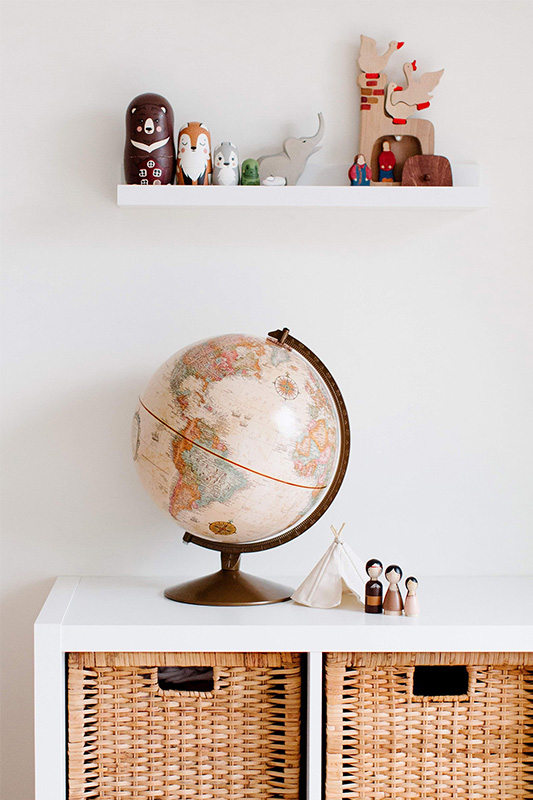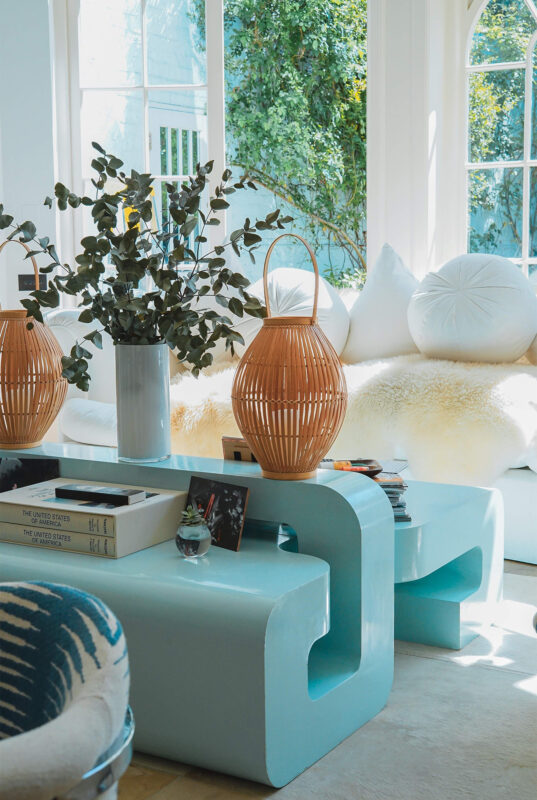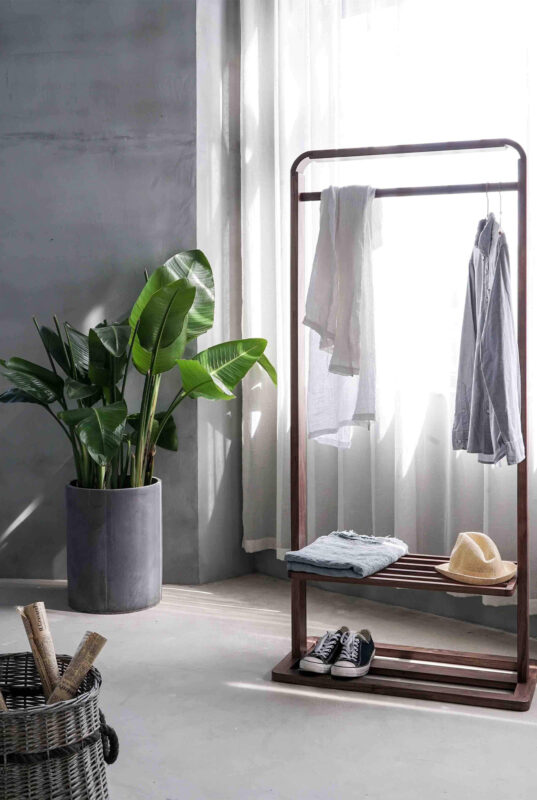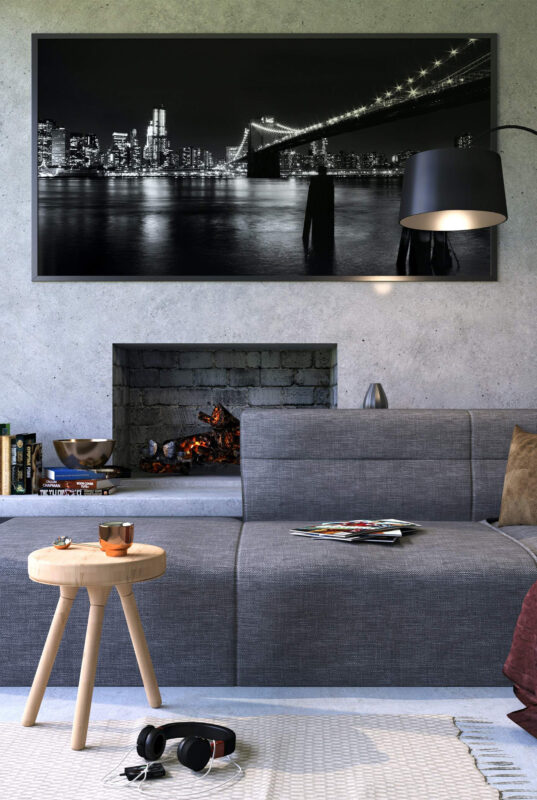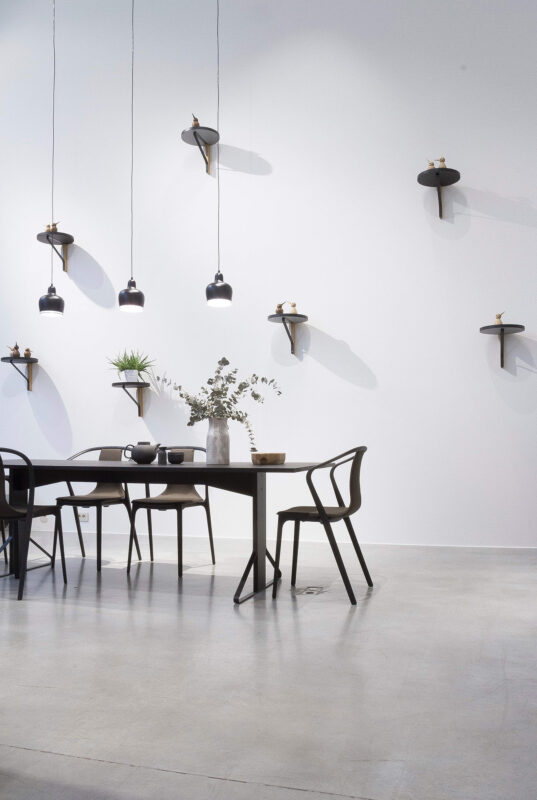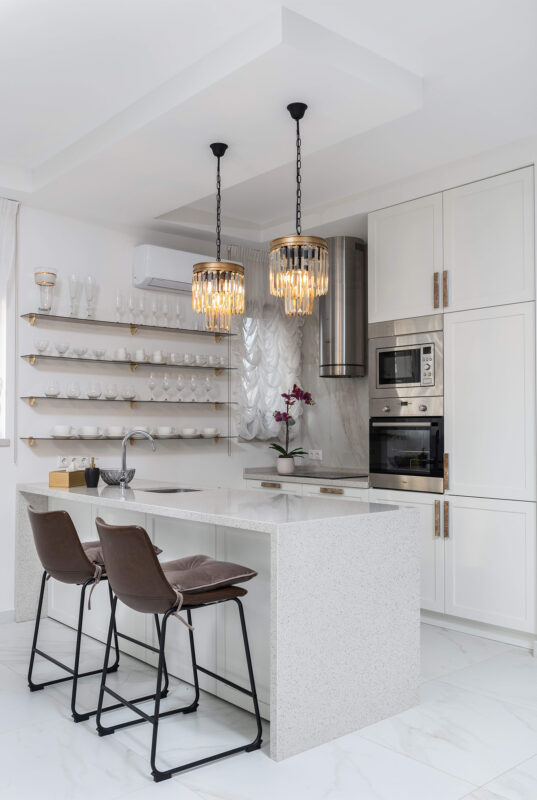How Can Elderly People Feel More Free in Their Homes

As we grow older, feeling independent at home becomes more important than ever. The home should be a place of comfort and ease, not frustration or worry. For many elderly people, small changes can make a big difference in helping them feel freer, safer, and in control of their day-to-day lives.
This doesn’t mean giving up on doing things for yourself! It means making the space work better for you, so you can continue to live confidently and comfortably.
How to Stay Confident in Your Home
Freedom at home often begins with feeling confident in your surroundings. If certain parts of the home feel too difficult to navigate (like stairs, high shelves, or narrow doorways), it can affect how much you move about or how often you complete daily tasks on your own.
Improving comfort doesn’t always mean big changes. It could be as simple as better lighting, sturdy handrails, or rearranging furniture so it’s easier to get around. Even larger upgrades—like updating cabinets, countertops, or layout—can improve accessibility, and guides on things to consider before remodeling your kitchen help ensure those changes truly support independence. When things are easy to reach and safe to use, it’s much easier to stay independent.
Mobility Without Worry
Mobility really is key to independence, and many elderly people begin to feel restricted when movement becomes tiring or unsafe. Adding practical tools and supports can help reduce this feeling without limiting freedom.
One popular solution in larger properties or shared spaces is the use of a stairlift, for example, commercial stairlifts. These offer a safe and reliable way to move between floors, giving people more confidence to stay active throughout the whole house, not just the ground floor.
Other simple changes include:
- Installing grab rails in the bathroom
- Choosing chairs with proper back and arm support
- Using walking aids that suit your home layout
These aren’t signs of giving up freedom… they’re ways of keeping it.
Keeping a Routine That Works for You
Daily structure helps create a sense of purpose, and feeling free at home doesn’t mean having no routine; it means choosing one that fits your pace, preferences, and abilities. Some people enjoy having a set time for meals, hobbies, or light exercise, while others prefer a more relaxed approach.
Either way, being able to manage your own day brings a strong sense of independence. Small habits like making your own tea, doing light housework, or spending time in the garden can all support this feeling.
You Need to Stay Connected to Others
Isolation can often reduce someone’s sense of freedom, and staying connected with family, friends, or neighbours helps keep spirits up and creates more opportunities to enjoy time at home.
Making phone or video calls part of your week, joining local groups, or simply having someone pop in for a chat now and then can be a big boost. If mobility outside the home is limited, inviting people into your space helps maintain that vital social connection.
5 Small Changes That Improve Independence
Here are a few quick and practical ways to help elderly people feel freer in their homes:
- Add a second bannister to the staircase for extra balance
- Place everyday items on lower shelves to avoid reaching
- Switch to warm, bright lighting to help with visibility
- Remove trip hazards like loose rugs or electrical cords
- Use chairs with higher seats to make standing up easier
These simple adjustments can make everyday tasks safer and less tiring.
Getting the Freedom You Deserve From Now On
Freedom at home isn’t just about space; it’s about feeling able to move, live, and enjoy your day with ease and confidence. With the right changes, elderly people can keep their independence, enjoy their routines, and feel fully in control of their home life.
Whether it’s through better layout, support tools, social connection, or help like stairlifts, the goal is always the same: helping people feel free in the place they love most.
Transform blank walls into stories with DeCasa Collections.












